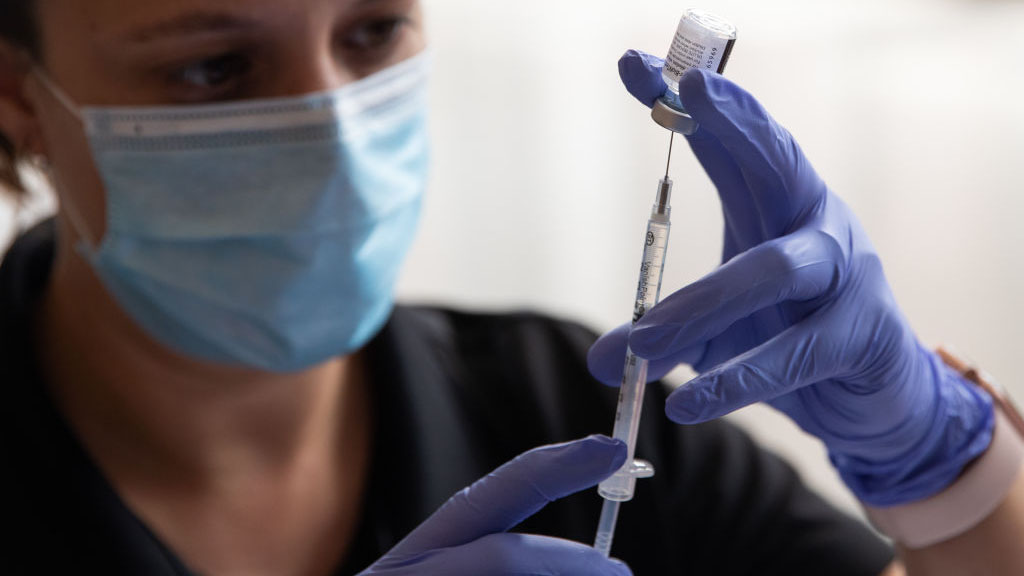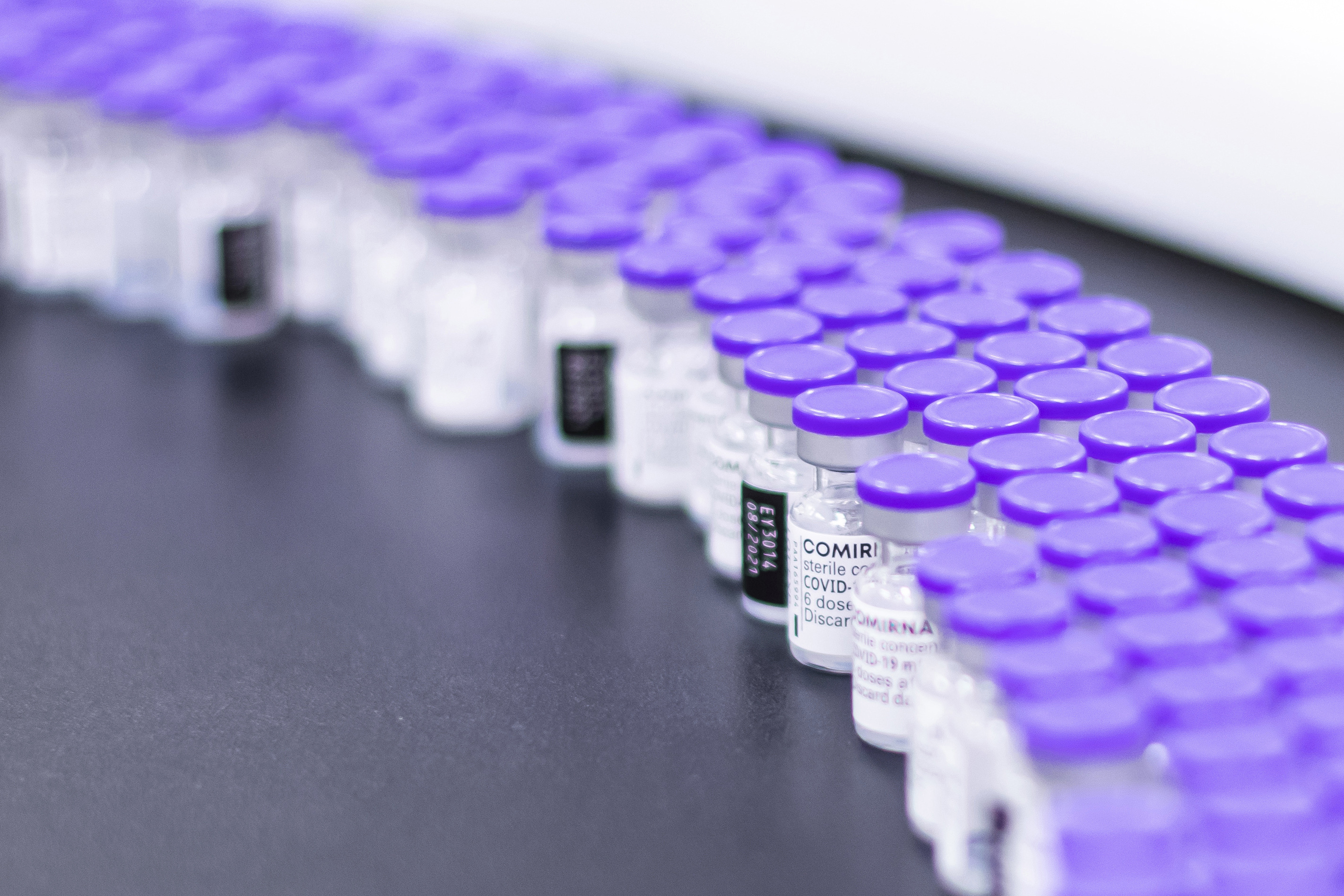Pfizer said Monday its COVID-19 vaccine works for children ages 5 to 11 and that it will seek U.S. authorization for this age group soon -- a key step toward beginning vaccinations for youngsters.
The vaccine made by Pfizer and its German partner BioNTech already is available for anyone 12 and older. But with kids now back in school and the extra-contagious delta variant causing a huge jump in pediatric infections, many parents are anxiously awaiting vaccinations for their younger children.
WATCH ANYTIME FOR FREE
Stream NBC10 Boston news for free, 24/7, wherever you are. |
In a new weekly series, "COVID Q&A," NBC10 Boston asked three top Boston doctors on Tuesday for their thoughts on the COVID vaccine for younger children, including why it's important and when it could be available.
Here's what they had to say:
Get updates on what's happening in Boston to your inbox. Sign up for our News Headlines newsletter.
Why is it important that younger kids get vaccinated?
"I think childhood vaccination is extraordinarily important," said Dr. Daniel Kuritzkes, chief of Brigham and Women’s Hospital's infectious diseases division. "We know that for influenza the move to expand the vaccine down to six months of age was prompted by the fact that so much flu transmission occurs when children bring flu into the home. I think it's going to be important to get children protected against COVID-19, particularly so we don't see transmission in schools and kids can go about their lives in an ordinary way just like all of the rest of us want to."
"The delta variant has been of concern for many different age groups, including children," added Boston Medical Center's Dr. Davidson Hamer. "Children are not getting sick as much as adults, but they can end up shedding a lot of virus. And some are getting ill, especially if there's underlying disease. I think there's many reasons to protect children."
When will COVID-19 vaccines be available for younger children?
"There's a lot of people trying to guess at the timeline on the pediatric vaccine," said Dr. Shira Doron of Tufts Medical Center. "I think it's still really early to hazard those guesses. What we have so far is just a press release."
She said Pfizer still has to file an application, and the Food and Drug Administration and the Centers for Disease Prevention and Control have to make recommendations before the vaccine can be approved.
Former FDA Commissioner Dr. Mark McClellan told CNBC this week that he thinks younger kids could be getting vaccinated for COVID-19 by Halloween. But Doron said she thinks it's too soon to tell.
"At any of those points there could be some delay or some complication or some going back to the company for more information, and so people are talking about a goal of Halloween, but I think it's a little early to make those predictions," she said.
"It really all depends on how quickly the data gets submitted to the FDA," Kuritzkes added. "The FDA and CDC have shown they can act very quickly, as shown with the authorizations of the initial vaccines, but obviously they have to have a full data package... You can't short-circuit that process."
Hamer called the Halloween date "an ambitious timeline," but said it's not totally out of the realm of possibility. "This whole process has moved very quickly with these vaccines. There's a lot of sensitivity about the need to vaccinate children. There's just a public health need for this and that may increase the urgency and speed with which this all happens."
The Associated Press contributed to this report.



